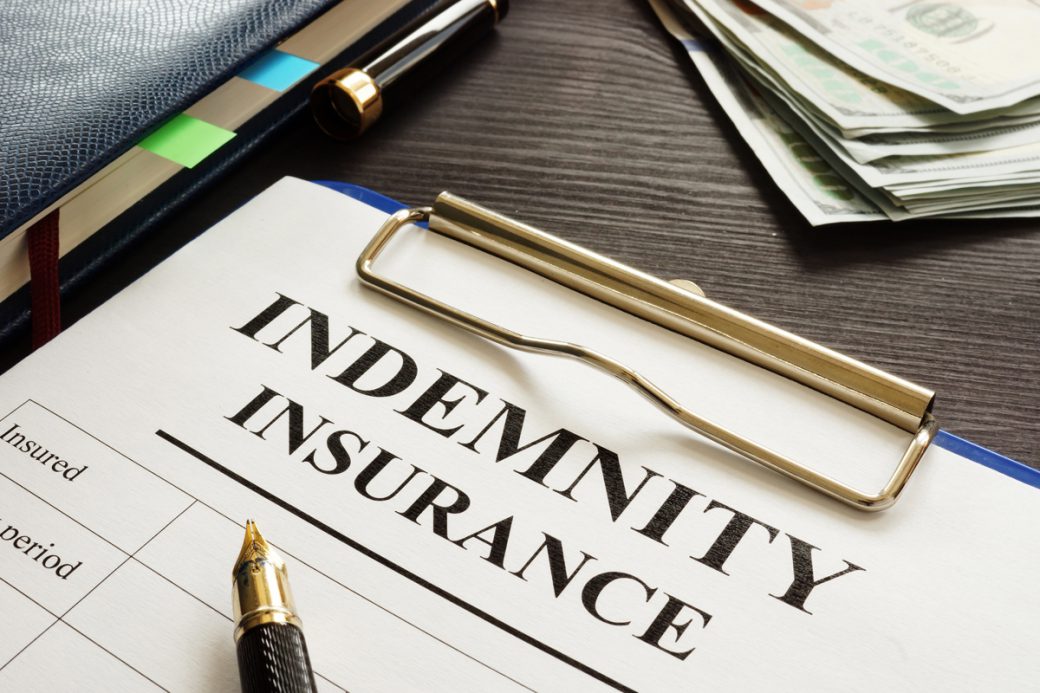Indemnity and the Association
Indemnification. A scary word and a confusing subject. However, almost all contracts for services contain requirements for one party to indemnify the other from damages. Often these clauses are in small type of allegedly “standard form” agreements. For purposes of today’s blog, let us discuss non-construction services. Indemnification for construction contracts is governed by section 725.06, Florida Statutes which is not applicable to non-construction contracts. Look at any contract you have with a service provider and inevitably the following language, or similar, will appear:
Party A agrees to the fullest extent permitted by law, to indemnify and hold harmless Party B, its officers, directors, members and employees from all liabilities, damages, losses and costs, including but not limited to reasonable attorney’s fees, to the extent caused by the negligence, recklessness or intentional wrongful conduct of Party A.
In layman’s terms, this means that one party (the indemnitor) has contractually obligated itself to protect a second party (the indemnitee) against damages which may result from the indemnitor’s conduct. These damages would include any foreseeable damages resulting from a negligent act or omission, including damages to person or property. Sounds easy enough. However, who is indemnifying whom?
The language most often seen in these contracts is similar language to the form language above:
Association agrees to the fullest extent permitted by law, to indemnify and hold harmless contractor, its officers, directors, members and employees from all liabilities, damages, losses and costs, including but not limited to reasonable attorney’s fees, to the extent as a result of any work done at the Condominium by contractor.
The Association has agreed to indemnify the contractor for work done at the condominium by the contractor. It requires the Association, which does not control the project or those working on it, to protect the contractor. Why would the Association agree to this? Think about the fire alarm monitoring, elevator maintenance or other monthly service provider. Many of these companies perform services, which if done improperly, could result in damage to persons or property and ultimately claims against the Association. Courts will enforce such agreements to indemnify, even if it is a bad deal for one side.
All service contracts should require the contractor to indemnify the Association. If the contractor will not negotiate the term, then another contractor should be considered. These terms, like most contract terms, can be negotiated even if the contractor says such terms are “industry standard.” The Association should be protected from sloppy safety procedures, carelessness or negligence of the contractor. Finally, remember that indemnification in the absence of adequate insurance may be illusory, but that is a subject for another day.

Sanjay Kurian, Esq.
Board Certified Construction Law Attorney, Becker
Tampa
| bio



